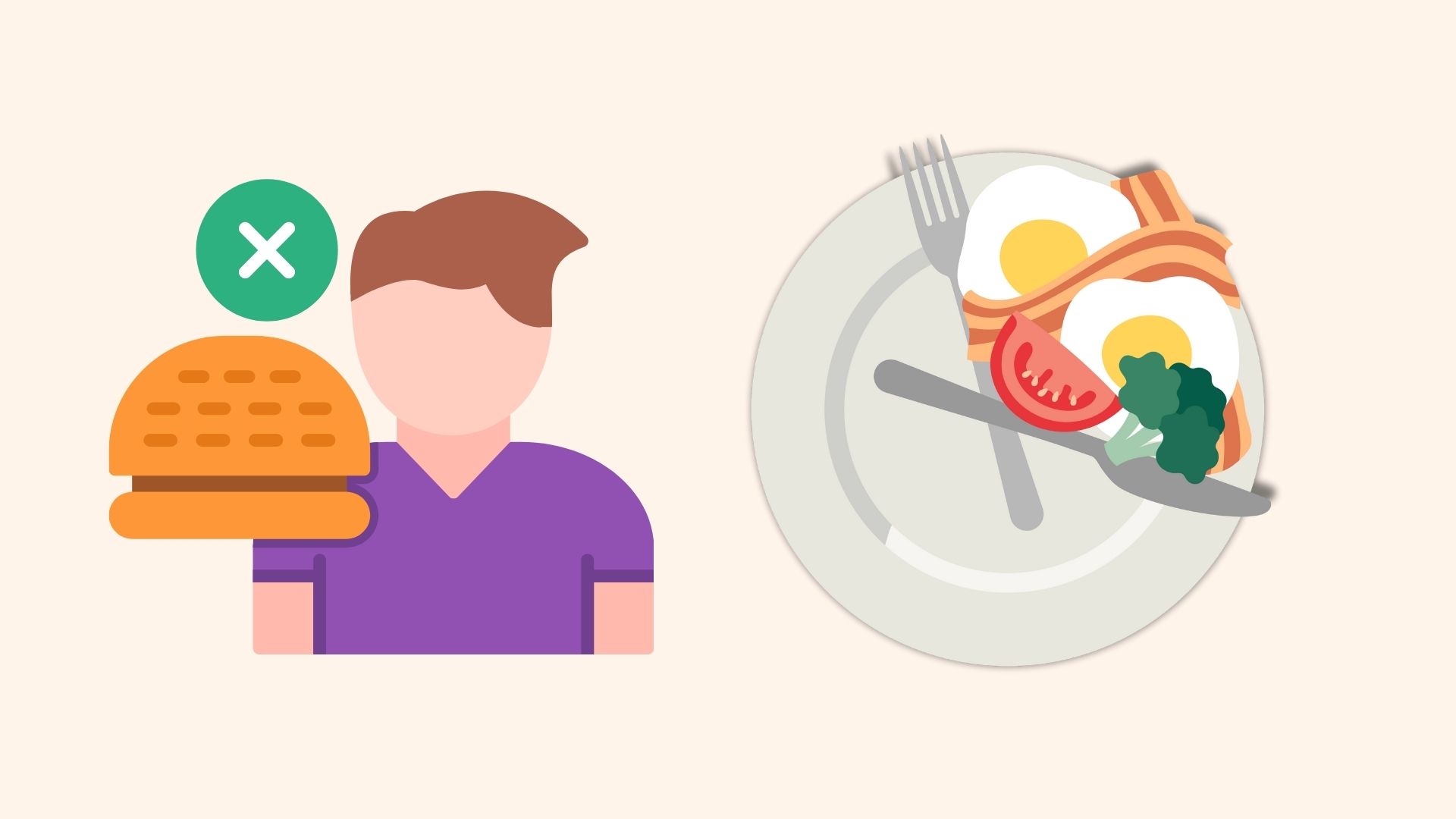1. Supplement more protein-rich foods
Increasing the consumption of protein-rich foods such as lentils, nuts, milk and dairy products, eggs, beans... at each meal can help reduce hunger, feel full longer and limit unnecessary snacking.
2. Drink more water
Providing enough water not only helps the body stay healthy but also regulates hunger. Drinking water regularly can help you avoid sudden cravings and reduce the risk of overeating.

3. Eat foods rich in fiber
Fiber is a "close friend" of the digestive system. It helps slow down digestion, create a feeling of fullness for longer and limit cravings, especially useful when you are on a diet or fasting intermittently.
4. Get enough sleep every day
A quality sleep of 7-8 hours per night helps the body recover and keep the hormones that regulate hunger stable. Lack of sleep often leads to cravings for nighttime snacks and unhealthy food choices.
5. Eat slowly, chew thoroughly
The habit of eating slowly and chewing thoroughly helps the brain have time to recognize that you are full. This helps absorb nutrients better and reduces the risk of overeating.











